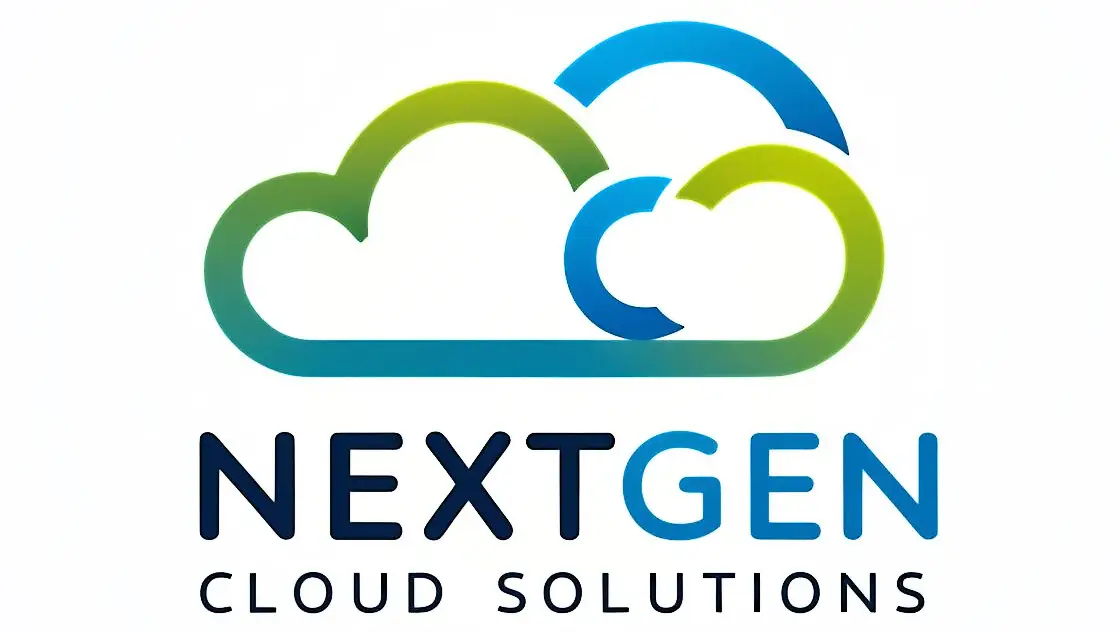In today’s digital world, cybersecurity is more important than ever. With the rise of cyber threats, every business, regardless of size, must take proactive measures to protect itself from attacks that could compromise sensitive data, disrupt operations, or damage its reputation. Whether you're a small business owner or part of a large enterprise, protecting yourself from cybersecurity attacks should be a top priority.
In this blog post, we’ll discuss essential steps to protect your business from the most common types of cyberattacks and ensure that your systems, data, and networks remain secure.
1. Keep Software Up to Date
One of the simplest yet most effective ways to protect your business is by keeping your software, including operating systems, applications, and antivirus programs, up to date. Software developers regularly release updates and patches to fix security vulnerabilities that could be exploited by cybercriminals. By staying on top of these updates, you can prevent attacks before they even have a chance to impact your business.
Tip: Enable automatic updates for all critical software to reduce the chances of missing an important patch.
2. Implement Strong Password Policies
Weak passwords are one of the most common entry points for cybercriminals. It’s essential to require strong, complex passwords for all business systems and applications. A strong password should include a mix of uppercase and lowercase letters, numbers, and special characters. Encourage your employees to use unique passwords for each account and avoid reusing passwords across multiple sites.
Tip: Consider using a password manager to help employees securely store and manage passwords.
3. Use Multi-Factor Authentication (MFA)
Multi-factor authentication adds an additional layer of security to your login process by requiring users to provide two or more forms of identification. This could include something they know (a password), something they have (a phone or token), or something they are (fingerprint or facial recognition). By enabling MFA, even if a hacker manages to steal a password, they will still need the second factor to gain access to your system.
Tip: Enable MFA for all accounts that support it, especially for sensitive applications like email, financial systems, and cloud services.
4. Regularly Back Up Your Data
Ransomware attacks, where cybercriminals lock you out of your systems and demand payment to unlock them, are becoming more common. To protect yourself from the impact of such attacks, it’s crucial to regularly back up your data. Store backups in multiple locations, including cloud-based storage, and ensure they are disconnected from your main network to prevent them from being compromised during an attack.
Tip: Automate your backup process to ensure consistency and avoid human error.
5. Educate Your Employees on Cybersecurity
Human error is often the weakest link in cybersecurity. Phishing attacks, where hackers trick individuals into providing sensitive information through deceptive emails, are a common threat. Regularly train your employees on the signs of phishing and how to spot suspicious emails or messages. Encourage them to be cautious about clicking on links, downloading attachments, or sharing sensitive information.
Tip: Run simulated phishing exercises to test and improve your team’s awareness of potential threats.
6. Implement Firewalls and Antivirus Software
A strong firewall acts as a barrier between your internal network and external threats, monitoring incoming and outgoing traffic to ensure only safe communications are allowed. Antivirus software is equally important, as it scans your systems for malicious software (malware) and removes it before it can do damage.
Tip: Invest in enterprise-grade antivirus solutions that offer real-time protection and advanced threat detection.
7. Secure Your Wi-Fi Network
Many businesses unknowingly leave their Wi-Fi networks vulnerable to unauthorized access. To secure your network, use strong encryption protocols (such as WPA3), change the default passwords, and limit access to only trusted employees. If possible, create a separate Wi-Fi network for guests to prevent outsiders from accessing your internal network.
Tip: Regularly monitor network activity to detect unusual access patterns that could indicate a breach.
8. Monitor for Unusual Activity
Proactively monitoring your network for unusual activity is essential to detecting and preventing cyberattacks. Intrusion detection systems (IDS) and security information and event management (SIEM) tools can help you monitor network traffic for signs of suspicious behavior and alert you to potential threats in real-time.
Tip: Use AI-powered tools for automatic detection and response to mitigate risks faster.
9. Have a Response Plan in Place
Despite your best efforts, a cyberattack may still occur. That’s why it’s essential to have a cyberattack response plan in place. This plan should outline the steps to take immediately following an attack, including containing the breach, notifying stakeholders, and recovering your systems. Regularly test and update your plan to ensure it remains effective and that your team knows how to act in the event of a breach.
Tip: Designate a cybersecurity incident response team and provide training on how to execute the response plan.
10. Work with a Professional IT Security Provider
Sometimes, protecting your business from cyber threats requires expert knowledge and resources. Partnering with a trusted IT security provider can help you stay ahead of emerging threats, manage your network’s security, and ensure your systems are fully protected. They can conduct vulnerability assessments, perform penetration testing, and provide tailored cybersecurity solutions to suit your needs.
Tip: Look for a provider with experience in your industry and a proven track record of success.
Conclusion: Protecting Your Business Starts Today
Cybersecurity threats are constantly evolving, and staying ahead of the curve requires continuous vigilance. By implementing these basic cybersecurity best practices, you can significantly reduce the risk of cyberattacks and protect your business’s sensitive data.
Remember, proactive protection is always better than reactive damage control. Start securing your business today to ensure your systems and data remain safe for years to come.
Need help securing your business from cyber threats?
NextGen Cloud Solutions offers comprehensive cybersecurity services tailored to meet the unique needs of your business. Contact us today to schedule a FREE cybersecurity consultation and take the first step toward protecting your company’s digital assets.

